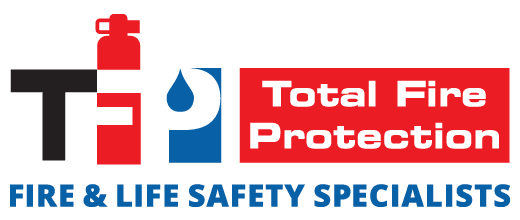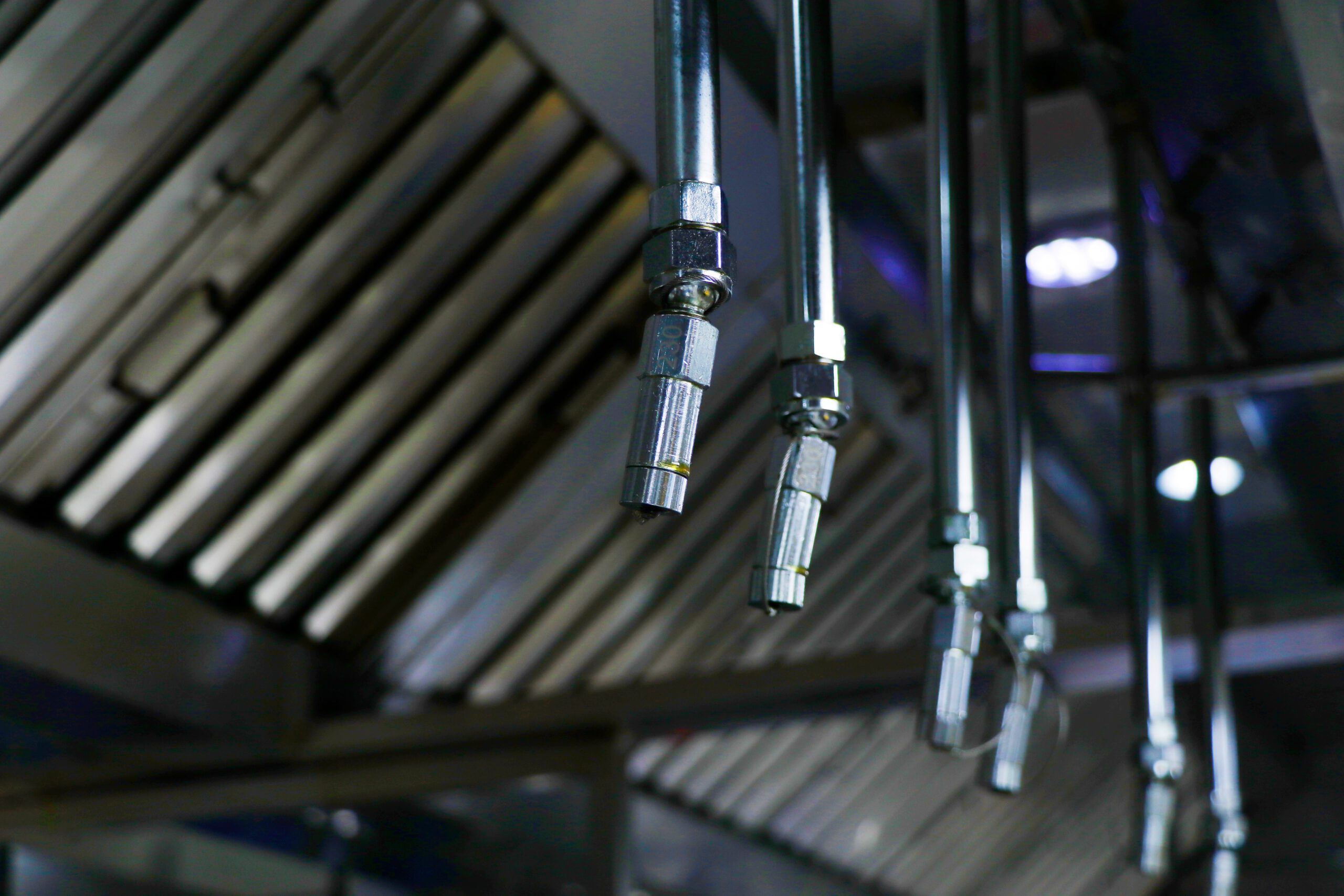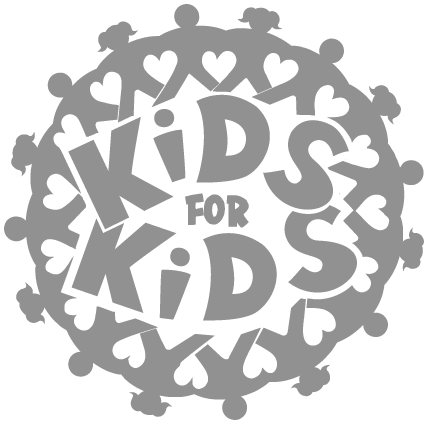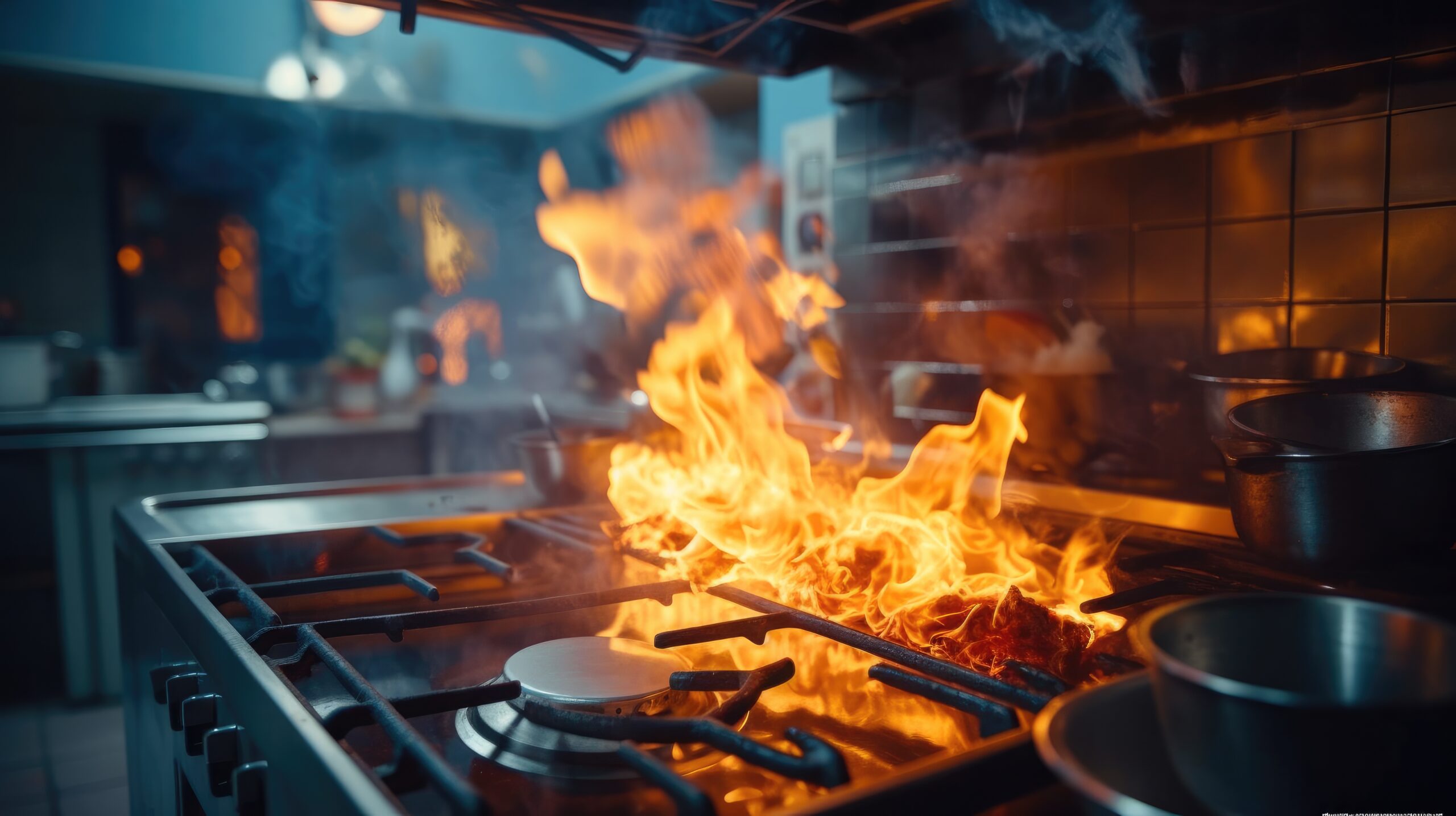 Restaurant teams handle multiple cooking tasks happening all at once in their expansive kitchens. It’s no wonder that fire hazards can occur due to the mass quantity of cooking that takes place in these commercial kitchens. The best way to combat any potential fire safety hazards is to be prepared. Here are some common hazards in the kitchen and ways to prevent fires from occurring while completing your daily cooking tasks.
Restaurant teams handle multiple cooking tasks happening all at once in their expansive kitchens. It’s no wonder that fire hazards can occur due to the mass quantity of cooking that takes place in these commercial kitchens. The best way to combat any potential fire safety hazards is to be prepared. Here are some common hazards in the kitchen and ways to prevent fires from occurring while completing your daily cooking tasks.
Common Hazards in the Kitchen
There are many common fire hazards to be on the lookout for in your commercial kitchen. From grease fires to electrical appliance dangers, here are some common fire safety hazards your restaurant team should be on alert for and protect against:
- Grease and Oil: Grease and oil are both quite flammable and can ignite quickly due to the buildup that occurs in commercial kitchens where cooking is continual.
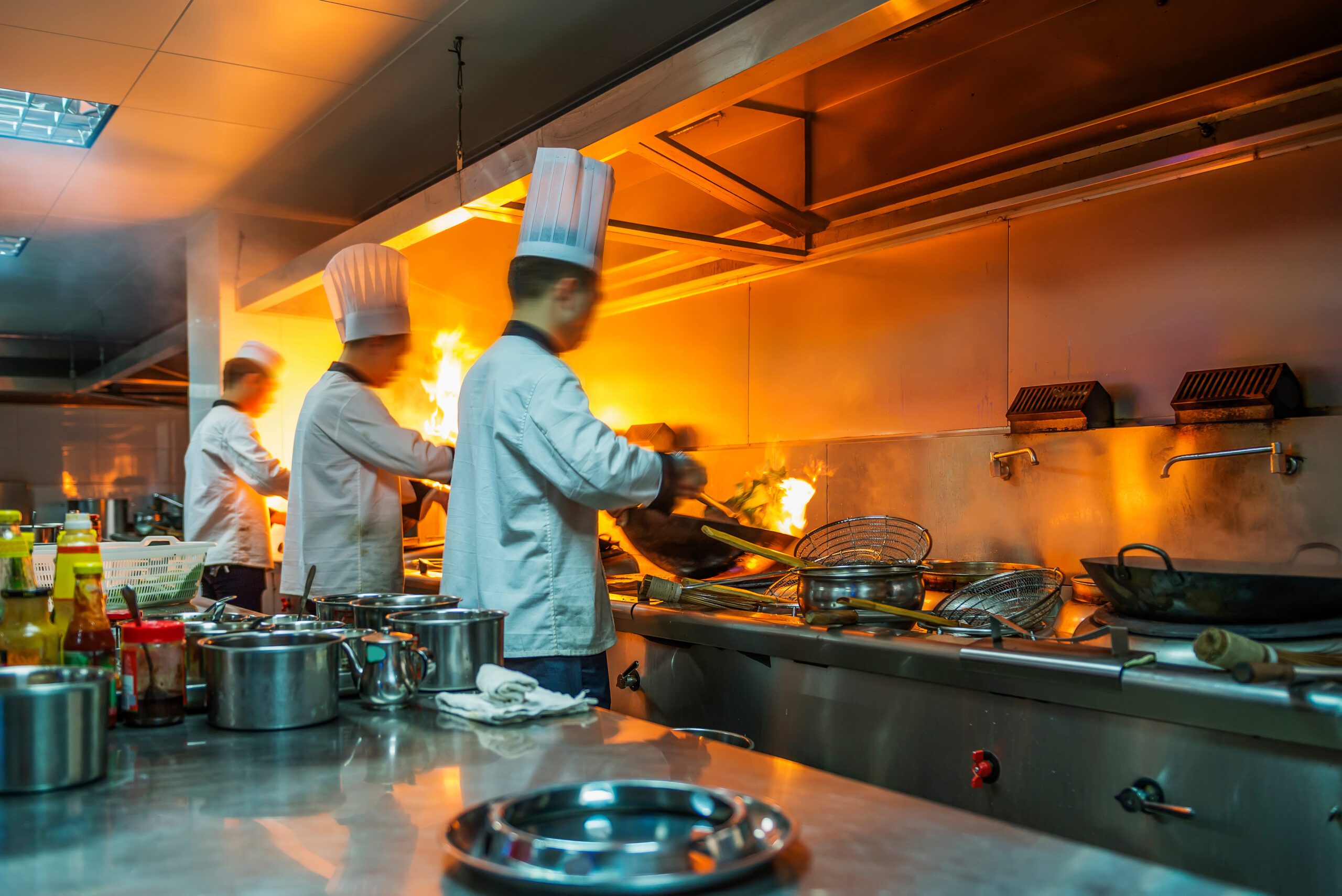 Grease Traps: Grease traps are another kitchen hazard as the ones that are full and not emptied often can be a fire danger.
Grease Traps: Grease traps are another kitchen hazard as the ones that are full and not emptied often can be a fire danger.
- Open Flames: Likely your commercial kitchen team does a lot of cooking with open flames, which are fire hazards when not properly used.
- Electrical Appliances: The large quantity of electrical appliances your staff uses each day in the commercial kitchen can increase the potential for fire hazards. This is especially true if the electrical cords are frayed or damaged.
- Clutter and Storage: Clutter and the way you store items in your commercial kitchen may increase the likelihood of fire potential.
- Too Many Cooks in the Kitchen: Sometimes, when too many cooks are in the kitchen, it can get hazardous and create fire potential.
Considerations with Fire Safety
Fortunately, there are fire safety products available to help make kitchen fires less likely to occur. Here are some fire safety tips and products to add to your commercial kitchen if you have yet to do so:
- Ventilation: Ensure that your commercial kitchen has the proper amount of ventilation and a layout that is conducive to ventilation needs. Ventilation helps to ensure that air properly flows throughout your commercial kitchen and helps to prevent fires and handle smoke accumulation.
- Fire Safety Systems: Your restaurant or other type of commercial food preparation location should have the correct fire safety systems in place, including a hood and duct system, Class K extinguishers, a fire alarm system, and a sprinkler system.
- Local Fire Regulations: In addition, all local fire regulations should be strictly adhered to in order to be in compliance with the law and keep your premises fire-safe.
It’s vital to take the necessary precautions with your commercial kitchen operations. Total Fire Protection can help you with all of your fire safety needs.
